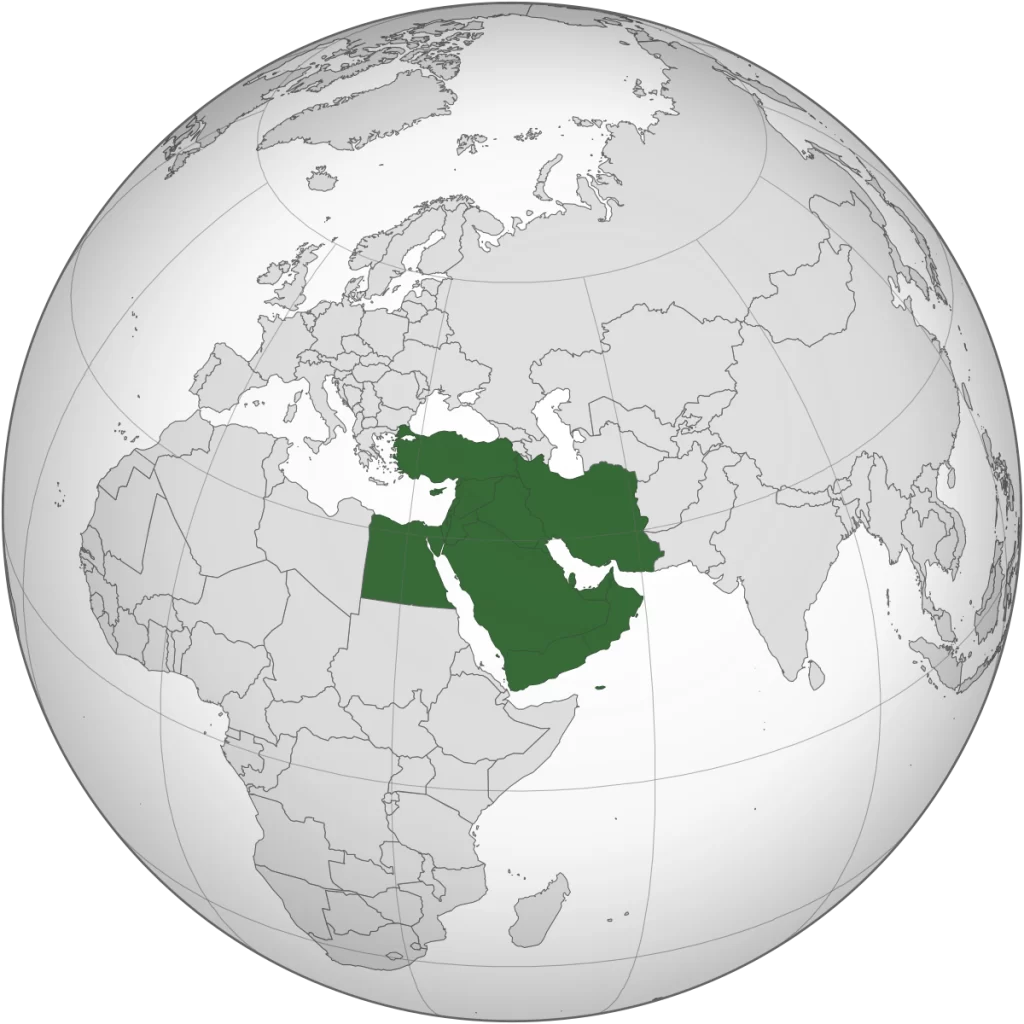
Neetu Arnold reports for the National Association of Scholars:
In the 1950s, a constellation of philanthropic foundations, multinational corporations, interested scholars, and the U.S. government established the first Middle East Studies Centers (MESC) as part of an effort to improve national security during the Cold War. These centers belonged to a class of newly created academic units called “area studies,” which grouped scholars together by a geographic area of focus rather than by discipline. The founders of these centers intended to shift research and instruction away from ancient history and languages and toward the modern Middle East. They encouraged academics to produce policy-relevant information that benefited the American national interest. Centers also trained students in the languages of the region so that their alumni could work for the government as liaisons in this strategically important area.1
In the aftermath of the Six-Day War (1967) and the Yom Kippur War (1973), whose outcomes turned significantly upon American diplomatic and military support for Israel, wealthy Arab nations realized these centers could be useful tools to influence American policy in the region.
- Like
- Digg
- Del
- Tumblr
- VKontakte
- Buffer
- Love This
- Odnoklassniki
- Meneame
- Blogger
- Amazon
- Yahoo Mail
- Gmail
- AOL
- Newsvine
- HackerNews
- Evernote
- MySpace
- Mail.ru
- Viadeo
- Line
- Comments
- Yummly
- SMS
- Viber
- Telegram
- Subscribe
- Skype
- Facebook Messenger
- Kakao
- LiveJournal
- Yammer
- Edgar
- Fintel
- Mix
- Instapaper
- Copy Link






